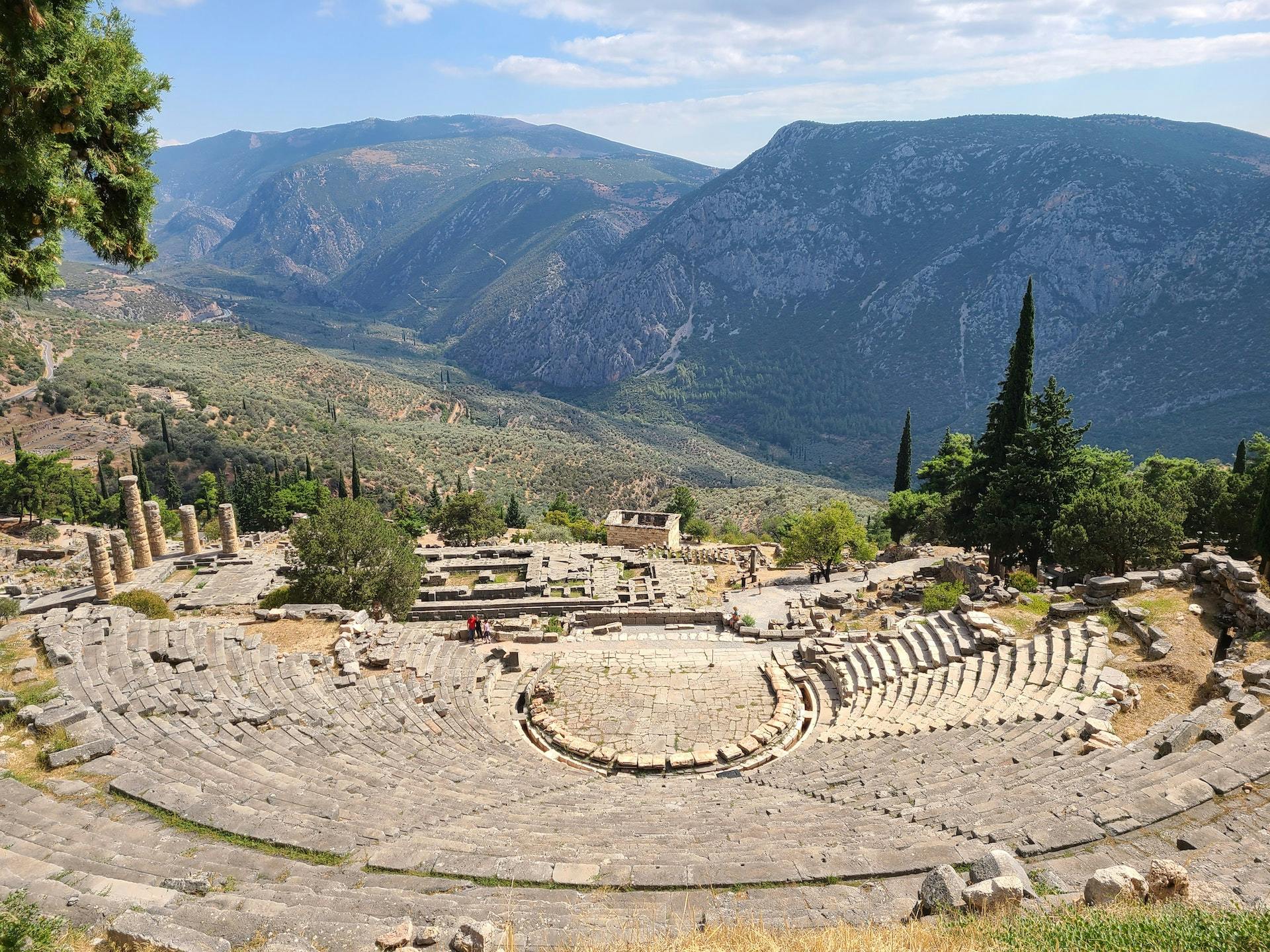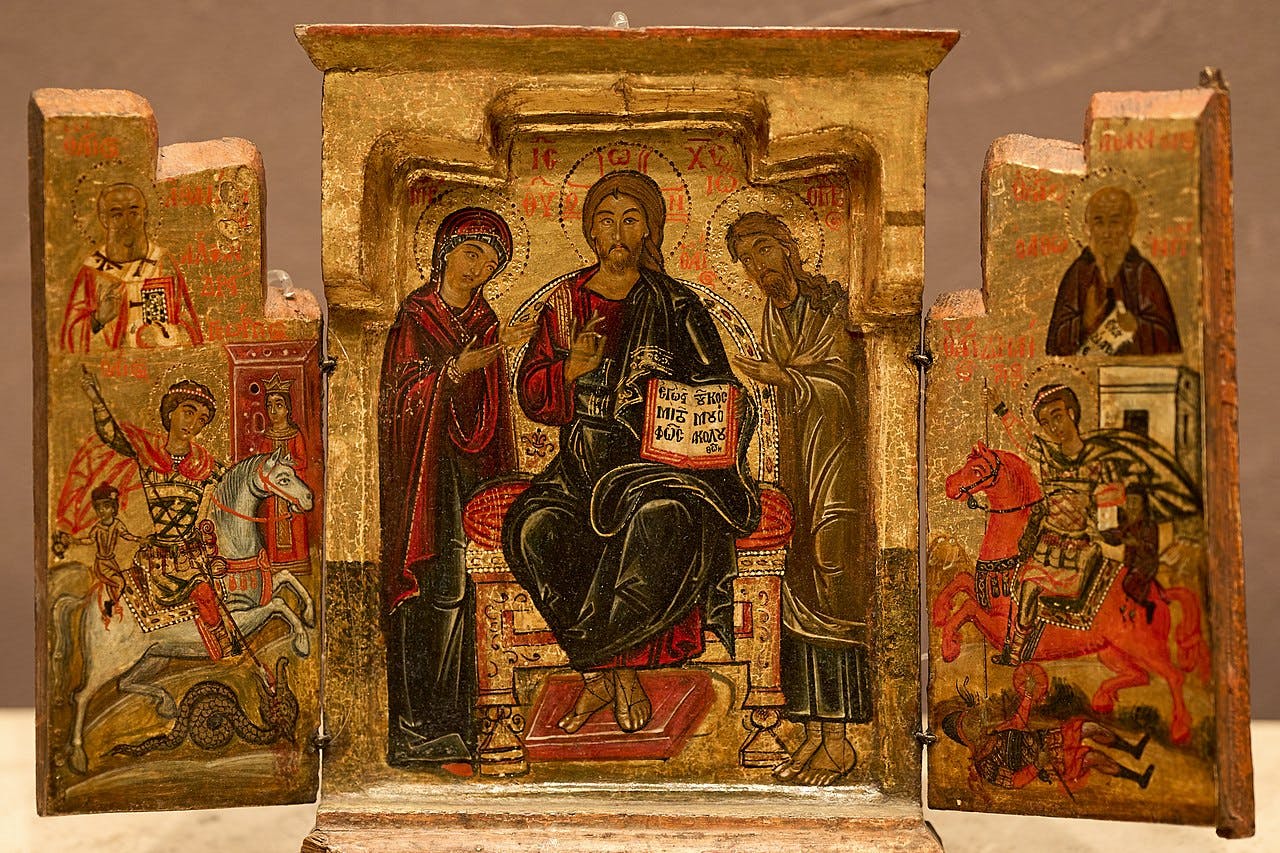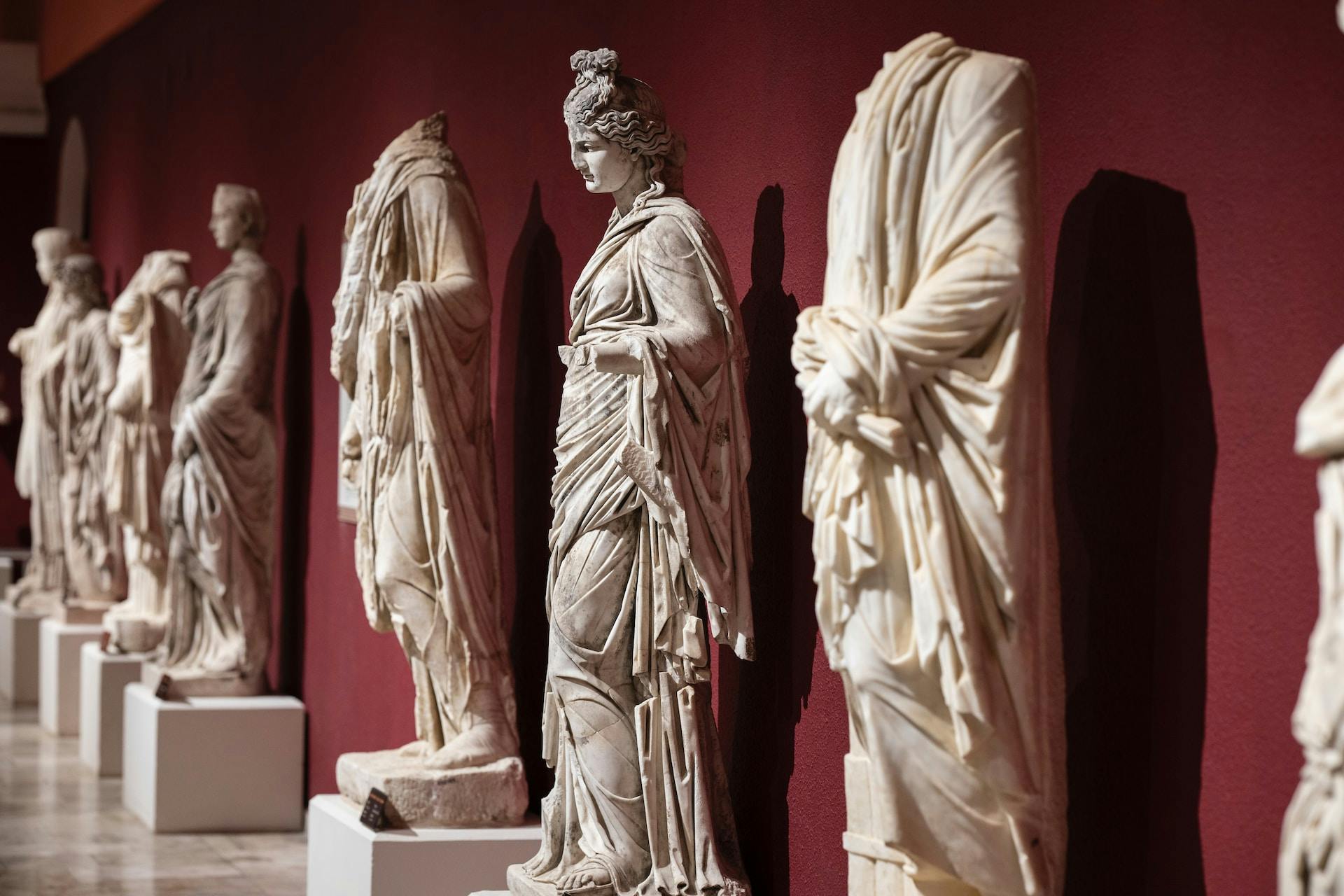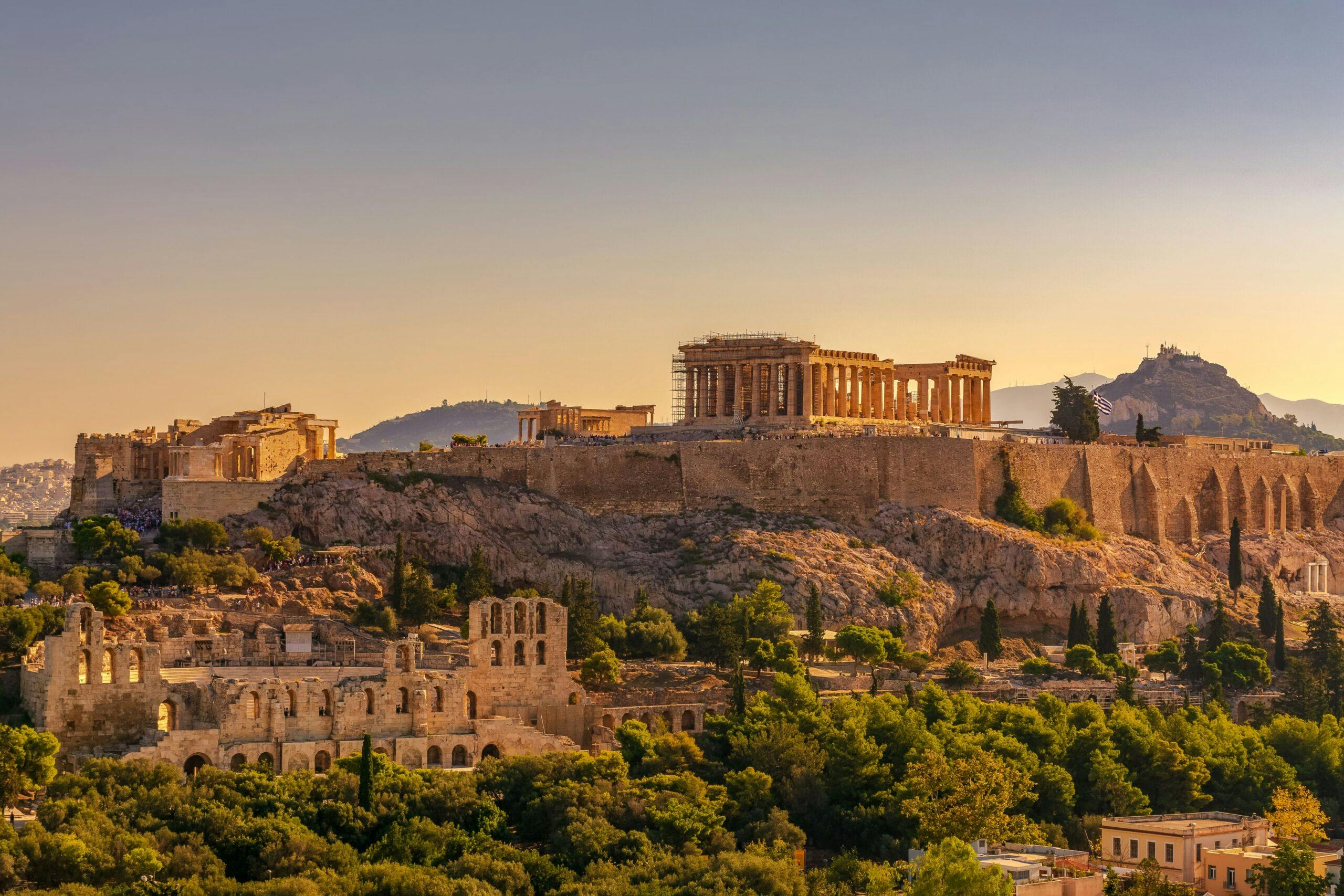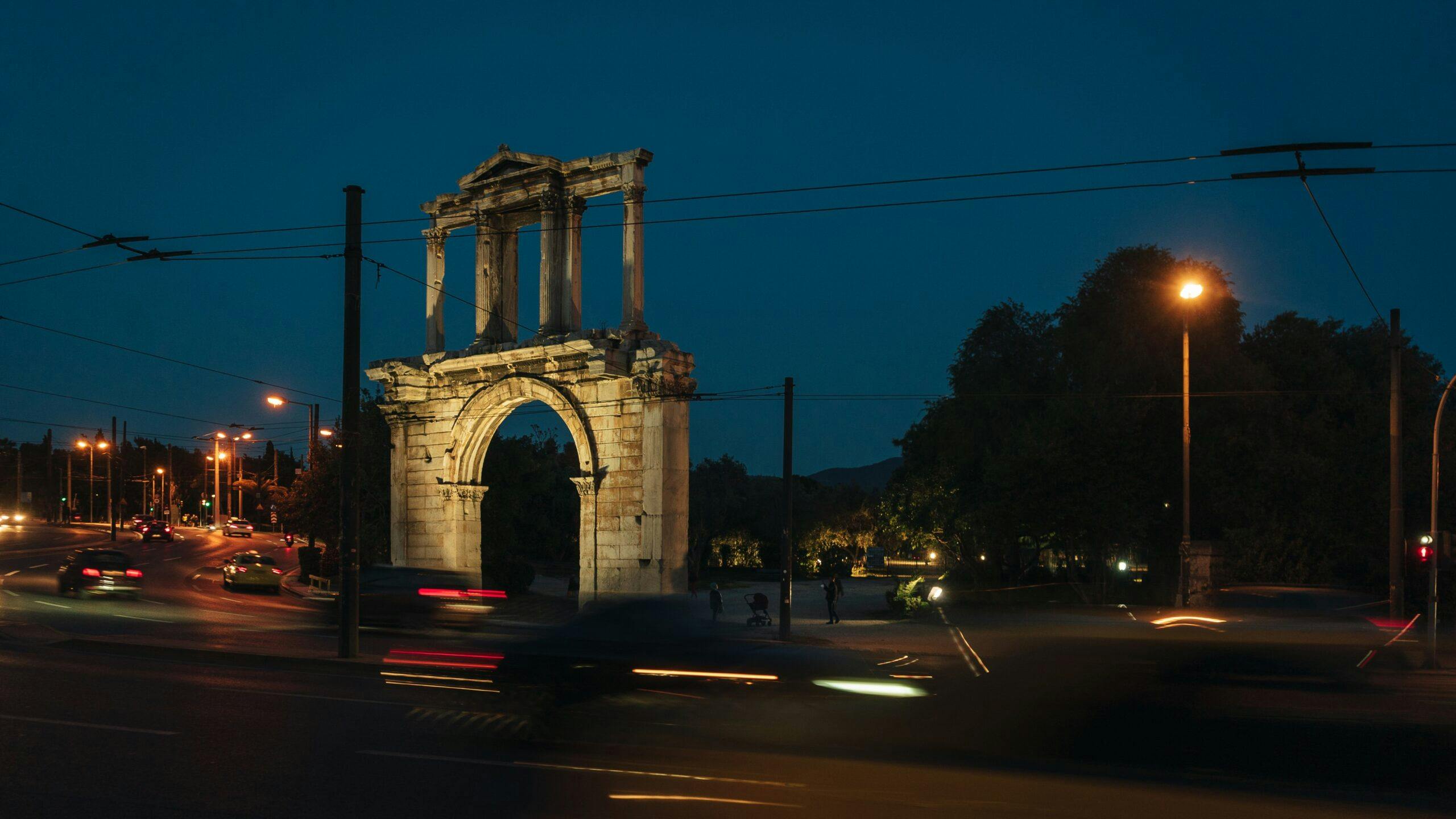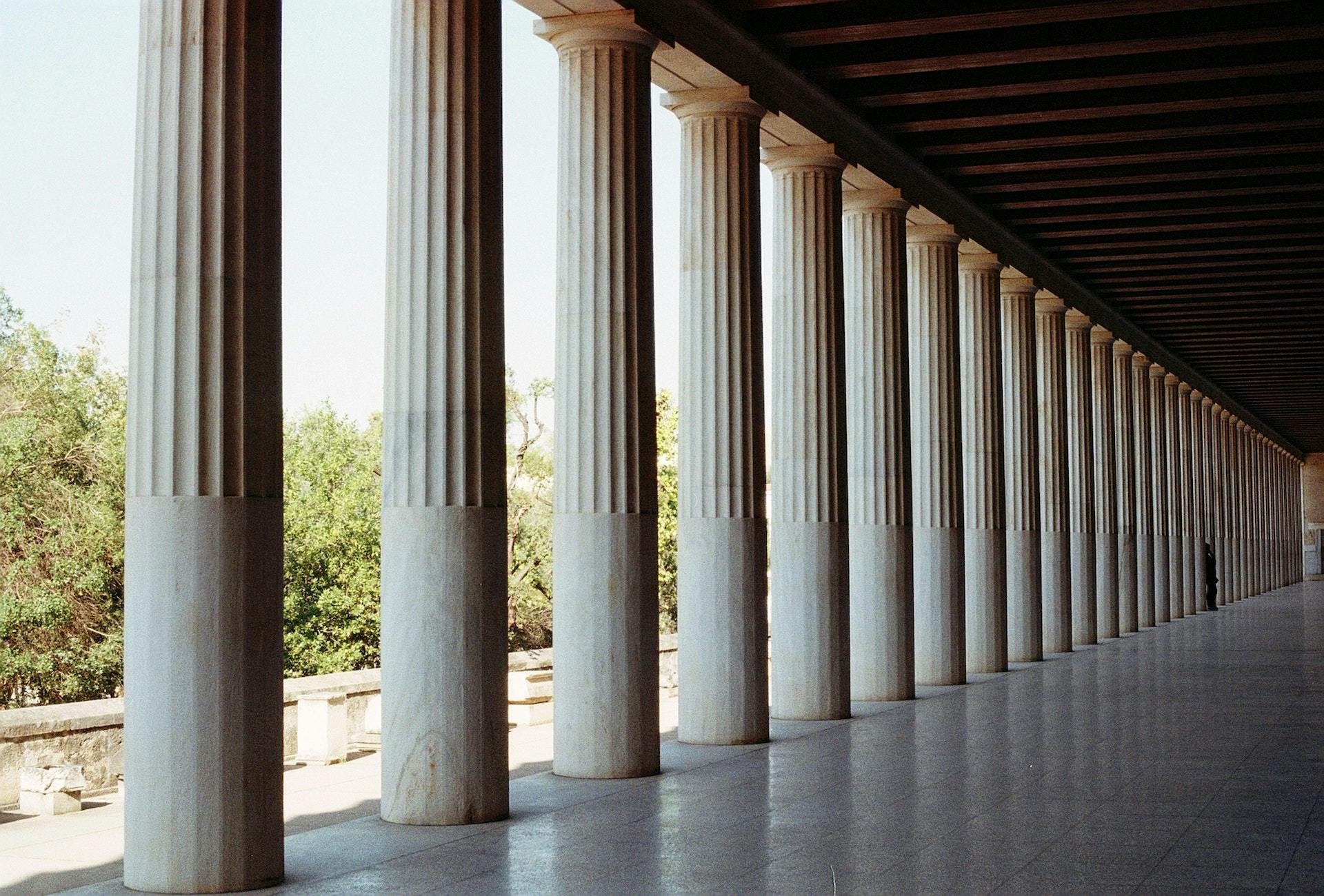Imprisoned within the confines of Athens’ prisons, the philosopher faced his impending demise with remarkable composure and unwavering dedication to his ideals. The details of Socrates’ final days have been handed down to us through the writings of his student, Plato. In Plato’s work, known as Phaedo, he recounts the conversations that took place between Socrates and his disciples in the prison. These dialogues centred on topics such as the nature of the soul, the immortality of the spirit, and the pursuit of truth.
Socrates’ unwavering commitment to his philosophical beliefs became particularly apparent during this time. Despite his impending death, he continued to engage in thought-provoking discussions, challenging his followers to examine their assumptions and question the world around them. Plato’s account of these conversations captures the essence of Socrates’ intellectual rigor and his enduring influence on subsequent philosophical movements.

